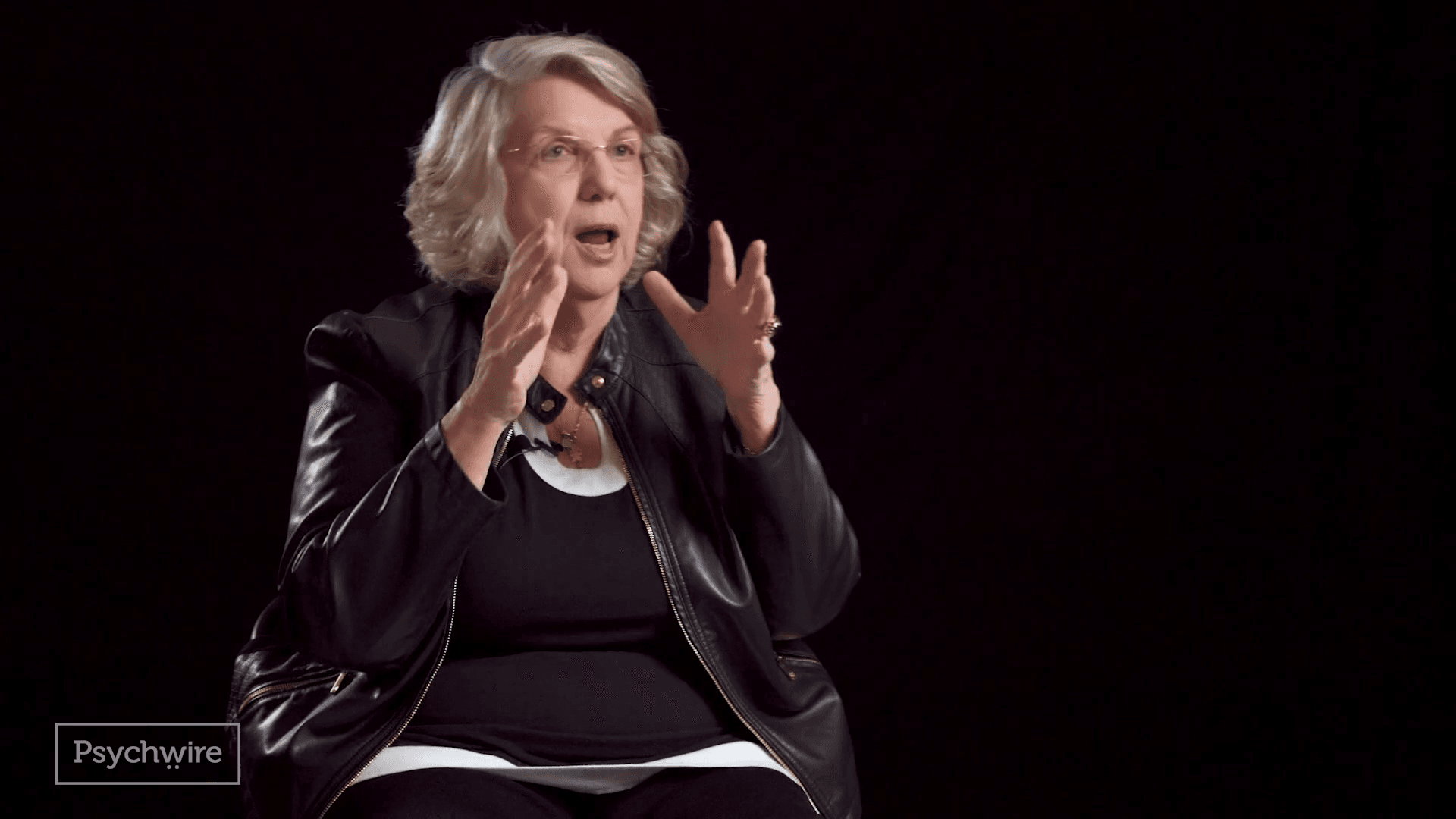
Merging Acceptance and Change in Therapy
 DBT Skills
DBT SkillsI started out as a behavior therapist. So, to be perfectly honest with you, it never even entered my mind that behavior therapy wouldn't work. So behavior therapy blew up. It was a disaster. And the reason was just because in behavior therapy, the patient comes in, you evaluate them, you do a diagnosis of them and things like that. Then you say, okay. Let's wait a week, and then next week we'll talk about, and we'll see what we can do to be helpful. And then they come in, and you say things like, I can see that the problem is this, and we could really work on this.
And the minute you do that, it's, what? You're saying I'm the problem? At which point, I was saying, no. I don't think you're the problem. I'm not saying you're the problem. Absolutely not the problem. So that was problem one. Okay. So that didn't work out very well.
Then I said, okay. I'm gonna do an acceptance strategy where you're just kind and accepting, and you're listening and all that kind of stuff. So I brought him back in again or another group, and I started to do that. And the client says you're not gonna help me? I said, well, of course, I'm gonna help you. So that's when I realized that for this treatment to work at all, I was gonna have to figure out a way to bring acceptance and change together because those are the two fundamental treatments of the day.
And that's when I realized that I didn't really know anything about acceptance. I knew a lot about change because I had a lot of training in behavior therapy, but I had no training in acceptance. I didn't have the faintest idea how to do that, and I knew that I couldn't do it myself. And if there's anything I know about therapy, it's that you can't teach something you don't know how to do yourself.
So that's when I had to go learn acceptance. And then I-- when I brought that in and made it part of the treatment, my great fear was I didn't know whether I had a new treatment or I just had an old treatment that I'd added a few things to. My worry was, maybe this is just plain old behavior therapy. So I sent, letters to a couple of major people in the field, and I said, could you let me know if this is different or not? And they sent back saying, this is very different because you've brought these two things together.
Likely unique also is the use of skills because DBT uses skills intentionally and widely in the treatment itself. In other words, everyone who comes into DBT gets skills. And the reason for that is is that we know that the skills pretty much predict all the outcomes. A lot of other treatments aren't based on skills, even though they're based on change of behavior. In many ways, the definition of skill is changing behavior into a behavior that brings about outcomes that are the outcomes that you want for your life.